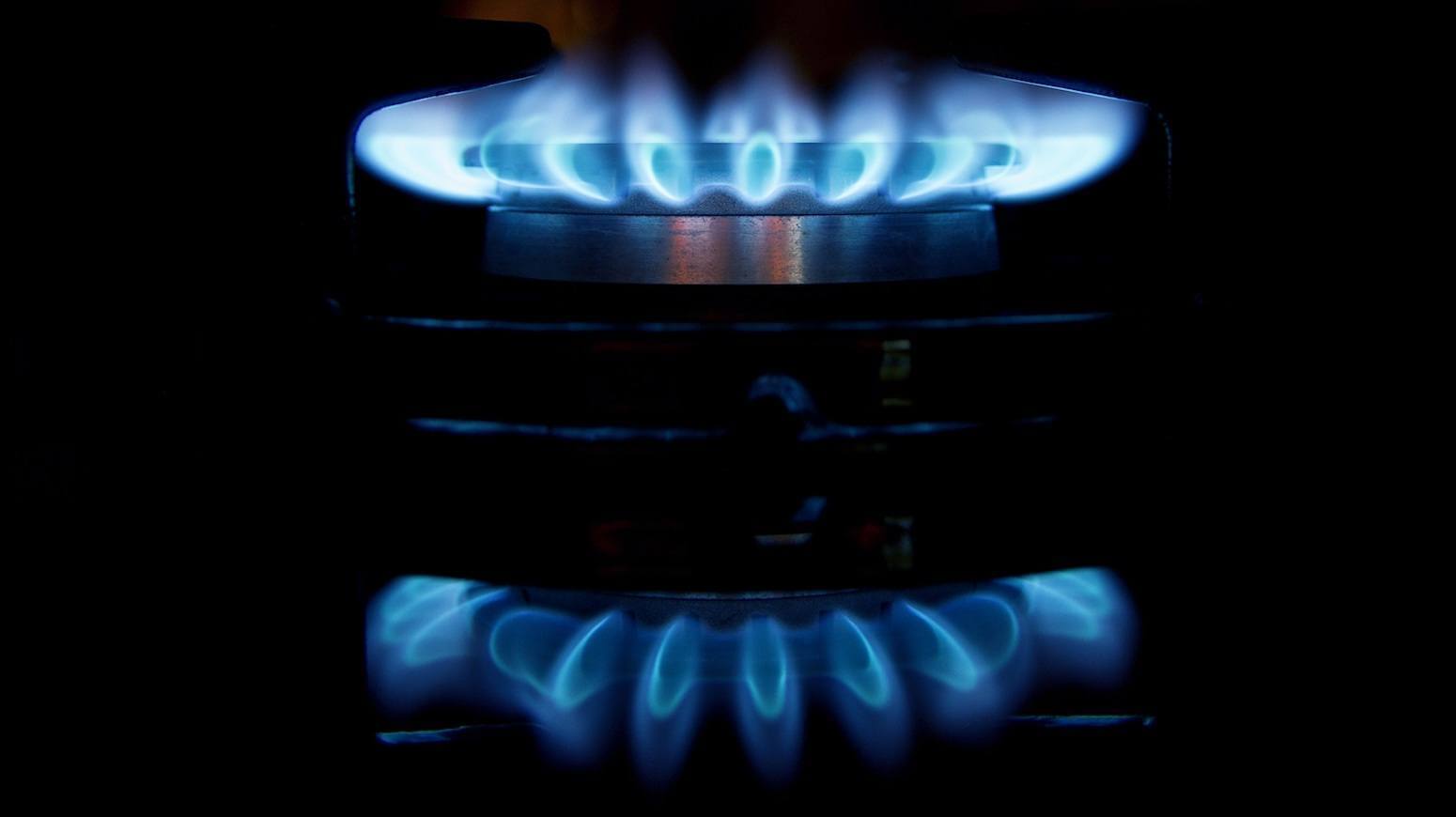
Gas Safety & Your Responsibilities
Have you had your gas appliances checked? Do you know what appliances need to be checked, how often, and by whom? Read our guide or contact one of our engineers to be sure!
What is the law regarding the safety of gas appliances?
- The Gas Safety (installation and use) Regulations 1998, requires that an employer (or self-employed person) must ensure that gas appliances, flues or installation pipework, installed at a place of work they control, are maintained in a safe condition.
- Owners of premises must ensure that all gas appliances and flues are checked for safety every 12 months and records must be kept.
Which type of premises do the regulations apply to?
Some domestic premises, examples include:
- B&Bs (Bed & Breakfasts)
Commercial premises, examples include:
- Offices
- Shops
- Warehouses
- Hotels
- Holiday homes – chalets, caravans, mobile homes
- Boats
- Restaurants (including those floating)
- Public houses
- Mobile food ‘stalls’
What is a gas appliance?
A gas appliance is an appliance that is designed to heat, light or cook. This includes portable or mobile space heaters and appliances supplied with gas from a cylinder.
The type of appliances using gas include:
- Central heating system boilers
- Water boilers
- Hobs
- Commercial & domestic ovens
- Fridges
- Chinese cookers
- Tandoori ovens
- Fryers
- Barbecues
- Griddles
All appliances should have a flame failure device and a gas governor. Bunsen burner type heaters should have an on/off switch.
Maintenance of Gas Appliances
Maintenance should follow manufacturers’ recommendations or appliance instructions and is usually required on an annual basis. Records should be kept which will provide proof of service.
Where inadequate maintenance could cause failure in a dangerous way i.e. with some flexible pipework and certain protective devices, formal planned preventative maintenance may be necessary. e.g. replacement or refurbishing components before the end of their useful life (this will depend on manufacturers advice).
Maintenance by a competent person will also be required if any of the following are seen:
- Missing knobs
- Spark generator not working
- Clogged or blocked burners or jets
- Leaking gas (where flames leak from the casting body, not just the jets)
- Yellow or orange flames (should be clear blue)
- Visible smoke/fumes or odours
- Soot around appliance
- Signs of corrosion
Who should service or maintain appliances?
From 1 April 2009 CORGI was replaced by Gas Safe Register
- Anyone carrying out work on gas appliances or fittings must be competent and be Gas Safe Registered. It is illegal for anyone to install, maintain, service or repair gas equipment without Gas Safe Registration.
- Note: DIY work on gas appliances or fittings could be dangerous, is likely to be illegal, and may result in prosecution.
In order to protect the general public, installers who are Gas Safe Registered are:
- Given an identification card with a licence number and photo, which should be shown upon request. Call Gas Safe on 0800 408 5500 to check if you are unsure.
- Required to obtain competency certificates in areas of gas work they carry out, e.g. gas fires, cookers, central heating boilers. The reverse of the card details different types of gas work the operative is competent to undertake – check they are qualified for the work you want them to do.
- Required to update their proof of competence regularly – check the expiry date on the reverse of the card.
- Subject to regular work inspections carried out by Gas Safe Inspectors.
Gas Safety & Your Responsibilities
Have you had your gas appliances checked? Do you know what appliances need to be checked, how often, and by whom? Read our guide or contact one of our engineers to be sure!